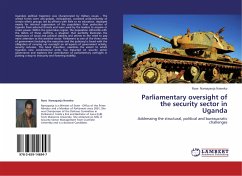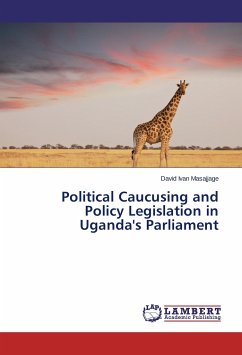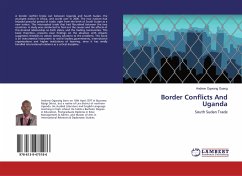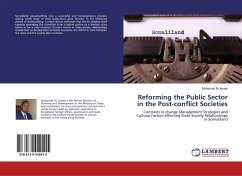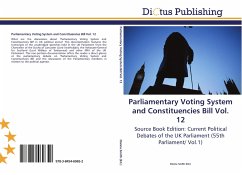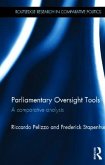Uganda's political trajectory was characterized by military coups . The armed forces were anti-people, indisciplined, consisted predominantly of certain ethnic groups, led by officers with little or no education, deployed mainly for internal suppression of the population than protection of Uganda from external threats and were used by the leaders to acquire or retain power. Within the great lakes region, the population still battle with the debris of these conflicts, a situation that perfectly illustrates the importance of social and political stability and attests to the need to pay more attention to this sensitive sector. Parliament as one of the three arms of government (including the executive and the judiciary) is faced with the obligation of carrying out oversight on all aspects of government activity, security inclusive. This book therefore, examines the extent to which Uganda's new constitutional order has impacted on security sector governance and explores the contribution of parliamentary oversight in putting a stop to insecurity and fostering stability.
Bitte wählen Sie Ihr Anliegen aus.
Rechnungen
Retourenschein anfordern
Bestellstatus
Storno

